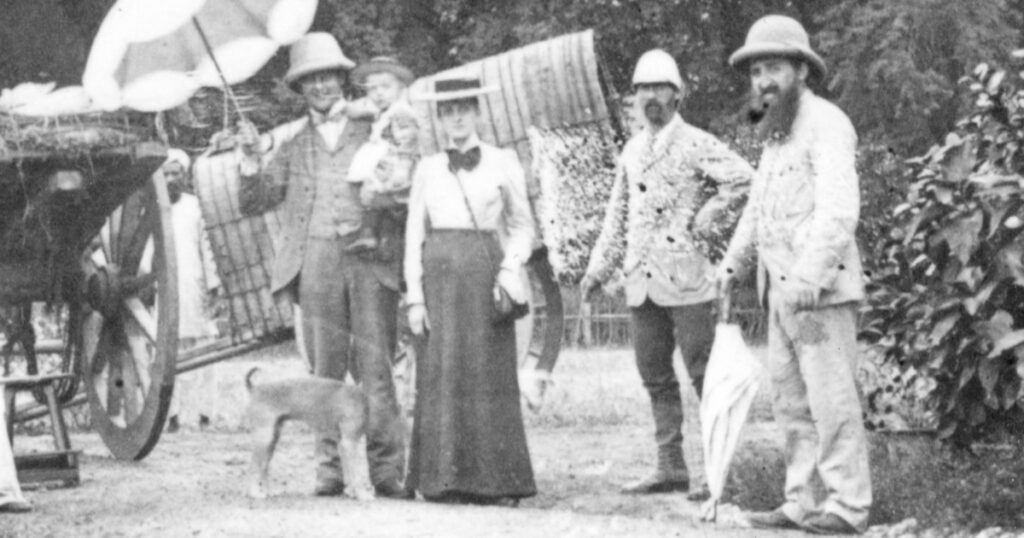by Cheryl Magness
When my son was younger, he was a huge fan of the comic strip “Calvin & Hobbes,” about a little boy (Calvin), his stuffed tiger (Hobbes) and Calvin’s colossal imagination.
A memorable theme in the strip is that of Calvin’s “duplicates” — imaginary Calvins who are intended to help the real Calvin in whatever way he needs, from doing his homework to taking the blame when he is naughty. My son embraced the concept, and for several years we heard much about the exploits of his duplicate.
Then one Christmas, as our family sat down to open presents, my 7-year-old began to cry.
“Mommy! Mommy! My duplicate is dead!”
“What?” I asked. “What do you mean, your duplicate is dead?”
“He died! I buried him, right there in the fireplace!”
My eyes followed the direction of my son’s extended finger to see something I hadn’t noticed before: his own name, written on the hearth with the charred end of a burnt match.
It was an unexpected turn of events for a Christmas morning. And yet it wasn’t. Special occasions tend to remind us who is missing. Over the previous 18 months, my son had attended funerals for two of his grandparents, his preschool teacher and our family’s former pastor. In a year filled with too many deaths, here, it would seem, was one more.
Of course, duplicates can’t die, because they aren’t real. But wouldn’t it be nice if they were — if we each had our own personal duplicate to do the things we have failed to do, take the blame for our offenses or bear the pain that is just too much for us?
The truth is that in Jesus Christ, and Him crucified, we have all of those things and more. For in Christ, the Word made flesh, we have not a copy of our humanity, but its source; not an imitation of our life, but its cause; not a temporary coping mechanism, but the eternal Lamb of God who takes away the sin of the world.
Jesus, our Lord and brother, really did die, and He really did rise. Fully like us and also fully divine, He took on our flesh so that the perishable might become imperishable (1 Cor. 15:42–56). He did not remain in the grave but rose again, proclaiming victory over sin, death and the devil, and wiping away all our tears. Though we are dust, we will rise and live forever through the One who did what we cannot.
Christ is risen! He is risen indeed! Alleluia!
He undertakes a great exchange,
Puts on our human frame,
And in return gives us His realm,
His glory, and His name.1
Cheryl Magness is managing editor of Reporter/Reporter Online. She has also written for The Federalist, Touchstone and Newsmax, and is a contributor to the book He Restores My Soul: Writings on Cross and Comfort (Emmanuel Press).
A version of this article originally appeared in print in the April 2019 issue of The Lutheran Witness.
1 “Let All Together Praise Our God,” LSB 389:4 © Concordia Publishing House. Used with permission. cph.org






